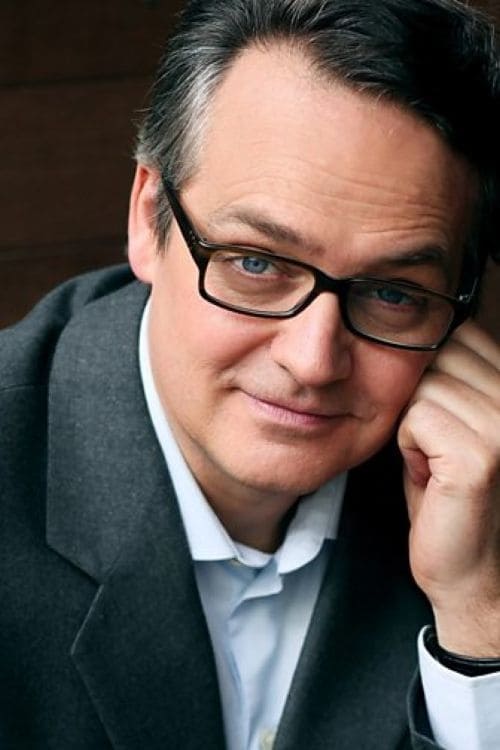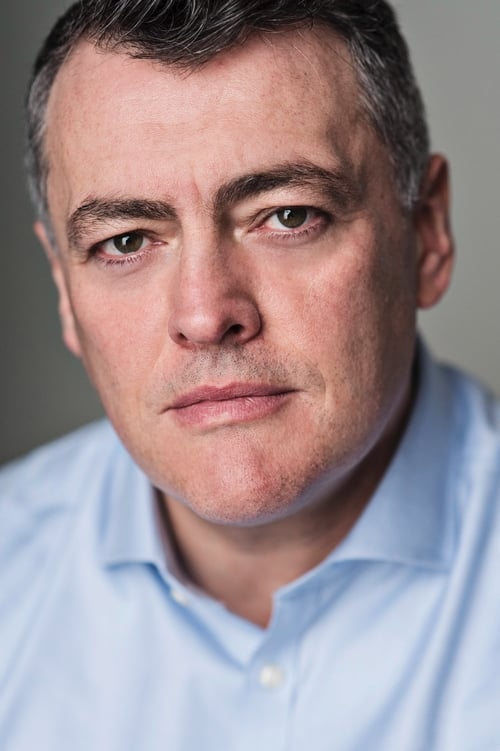Shepperton Babylon (2005)
Género : Documental
Tiempo de ejecución : 1H 0M
Director : Ben McPherson
Sinopsis
A sardonic look at the dark secrets of the British Film Industry of the 1920s and 30s, where scandal and sordid behaviour was almost as rife as in Hollywood.

En la cima de su carrera como director, Alfred Hitchcock (Anthony Hopkins) decide filmar una película de terror aparentemente de baja categoría. Ningún estudio apoya el proyecto, así que Hitchcock decide financiarlo él mismo y rodarla con un equipo barato de TV. El resultado fue un fenómeno internacional y una de las películas más famosas e influyentes de la historia.
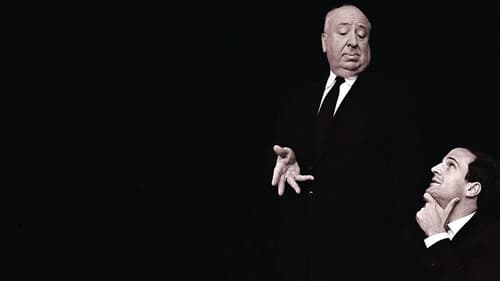
En 1962, los cineastas Alfred Hitchcock y François Truffaut se encerraron para tener una larga conversación de cincuenta horas y quinientas preguntas sobre el cine del maestro del suspense. Hitchcock se encontraba en la cima de su creatividad, y Truffaut ya había hecho Los 400 golpes y Tirad sobre el pianista. El resultado fue el libro El cine según Hitchcock, un texto imprescindible para los amantes y estudiosos del séptimo arte.
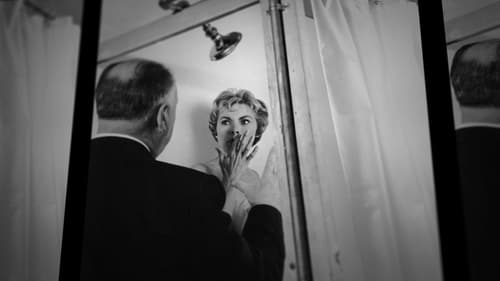
Fue a principios de los sesenta, cuando el maestro del suspense dejó que la protagonista de su nueva película muriese pasados apenas cuarenta minutos de película, en una escena que iba a poner patas arriba el cine. Alexandre O. Philippe, un cinéfilo irredento, disecciona aquellos cincuenta y dos planos de 'Psicosis', que supusieron un golpe de efecto narrativo y un elogio a la brutalidad hecha sugerencia.

Alfred Hitchcock (Toby Jones) se encontraba en la cima de su carrera y creatividad cuando, en 1962, eligió a una desconocida modelo para protagonizar su película más ambiciosa: "Los Pájaros". Pero mientras convertía a Tippi Hedren (Sienna Miller) en la perfecta rubia hitchcockiana de su imaginación, el director se obsesionó con el imposible sueño de enamorar a la actriz.
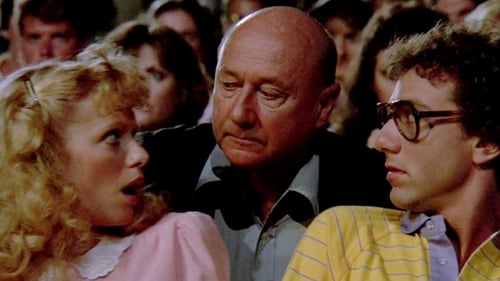
Documental sobre el mejor cine de terror y suspense hasta 1984, incluyendo reportajes e imágenes de películas de terror varias, donde salen muchas caras conocidas.
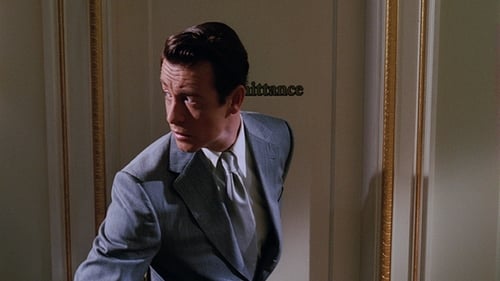
Martin Scorsese ha hecho un descubrimiento sensacional: hasta sus manos ha llegado un guión incompleto de Alfred Hitchcock y se propone devolverlo a la vida rodándolo. Scorsese se sumerge en la mente de Hitchcock, trata de pensar cómo lo hubiera hecho él, selecciona cuidadosamente la técnica y lo reinterpreta. La historia se titula "La clave reserva". Sólo hay un problema: falta una parte. Simon Barker y Kelli O'Hara protagonizan una historia en el colosal auditorio newyorkino de Carnegie Hall. Los amantes del cine seguro que encuentran al hombre que sabía demasiado, y quizá lo encuentren con la muerte en los talones... Scorsese y Hitchcock; ambos se dan la mano para brindar con todos los espectadores, naturalmente a su manera.
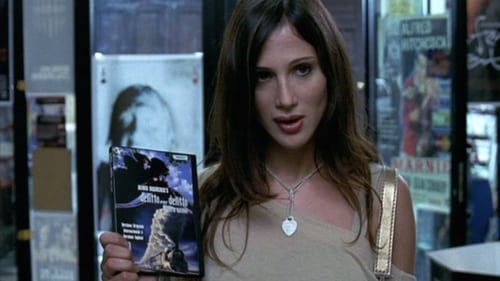
Giulio, un estudiante de Ciencias de la Comunicación especializado en Hitchcock, empieza a obsesionarse con el cine de este director. Su obsesión alcanza tales dimensiones que acaba distorsionando el mundo hasta transformarlo en un lugar tenebroso. (FILMAFFINITY)
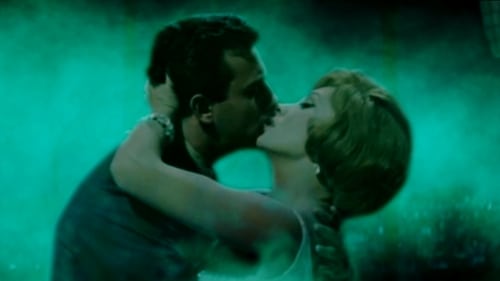
A tribute to a fascinating film shot by Alfred Hitchcock in 1958, starring James Stewart and Kim Novak, and to the city of San Francisco, California, where the magic was created; but also a challenge: how to pay homage to a masterpiece without using its footage; how to do it simply by gathering images from various sources, all of them haunted by the curse of a mysterious green fog that seems to cause irrepressible vertigo…

A short documentary about the Making Of Hitchcock's Shadow of a Doubt (1943).

Documental sobre la creación y la restauración de la obra maestra de Alfred Hitchcock, "Vertigo". Narrado por Roddy McDowall, y con el "detrás de escena" comentado por Barbara Bel Geddes, Patricia Hitchcock y Martin Scorsese, entre otros.

The film comprises edited excerpts from 40 Hitchcock films in six chapters, each focusing on a different motif that reveals some of Hitchcock’s dark obsessions and techniques.

A documentary about Alfred Hitchcock's classic 1954 film Rear Window.

Documentary short focusing on the making of Alfred Hitchcock's 1953 film I Confess.

This is a wonderful and revealing film about famed horror and suspense director Alfred Hitchcock. You'll see behind-the-scenes of some of his most famous films including Psycho, Rear Window, Dial M for Murder, Vertigo and many more! Containing interviews, unique production shorts, trailers, film clips, news segments, and more, this collection offers a rare look into the life and times of this man who became a Hollywood legend and the undisputed Master of Suspense!

Film director Hitchcock discusses his life and career in long talks with Pia Lindstrom (newscaster and daughter of Hitchcock star Ingrid Berman) and with film historian William Everson. Excerpts from several films illustrate these interviews. Discussion topics include: what is fear?, method acting vs. film acting, the difference between the usual "Who Done It" mystery and what he considers to be real suspense. His choice of leading ladies and why (Bergman, Baxter, Kelly, Marie Saint, Leigh, etc.).

One of the most iconic sequences in the history of Hollywood cinema (from Alfred Hitchcock’s NORTH BY NORTHWEST) is deconstructed and reassembled to illuminate the patterns, rhythms and choreography of the original so as to break through and make for an eight banded kinetic tour de force. As the piece progresses the temporal displacement of each band gets closer and closer until they all unite into a remarkable grand finale.

When characters stare at the camera in the films of Alfred Hitchcock, the look is almost always associated with the threat of death (through the eyes of a victim, a murderer, a witness). This momentary suspension between death and life is partly what makes Hitchcock the indisputable master of suspense.

Screenwriter John Michael Hayes reminisces about his partnership with Alfred Hitchcock during the making of the classic 1954 film Rear Window.

A sardonic look at the dark secrets of the British Film Industry of the 1920s and 30s, where scandal and sordid behaviour was almost as rife as in Hollywood.

Starting with her own memories of working as an actress on Abbas Kiarostami's Ten, filmmaker Roya Akbari proceeds to elicit other testimonies on the masters of Iranian cinema from three people who are themselves among the foremost Iranian directors: Rafi Pitts on Parviz Kimiavi; Amir Naderi on Sohrab Shahid Saless; and Bahram Bayzai on Arby Ovanessian. Bayzai also analyses Haji Agha, the Cinema Actor (1933) by Ovanes Ohanian, considered the first feature film made in Iran.
